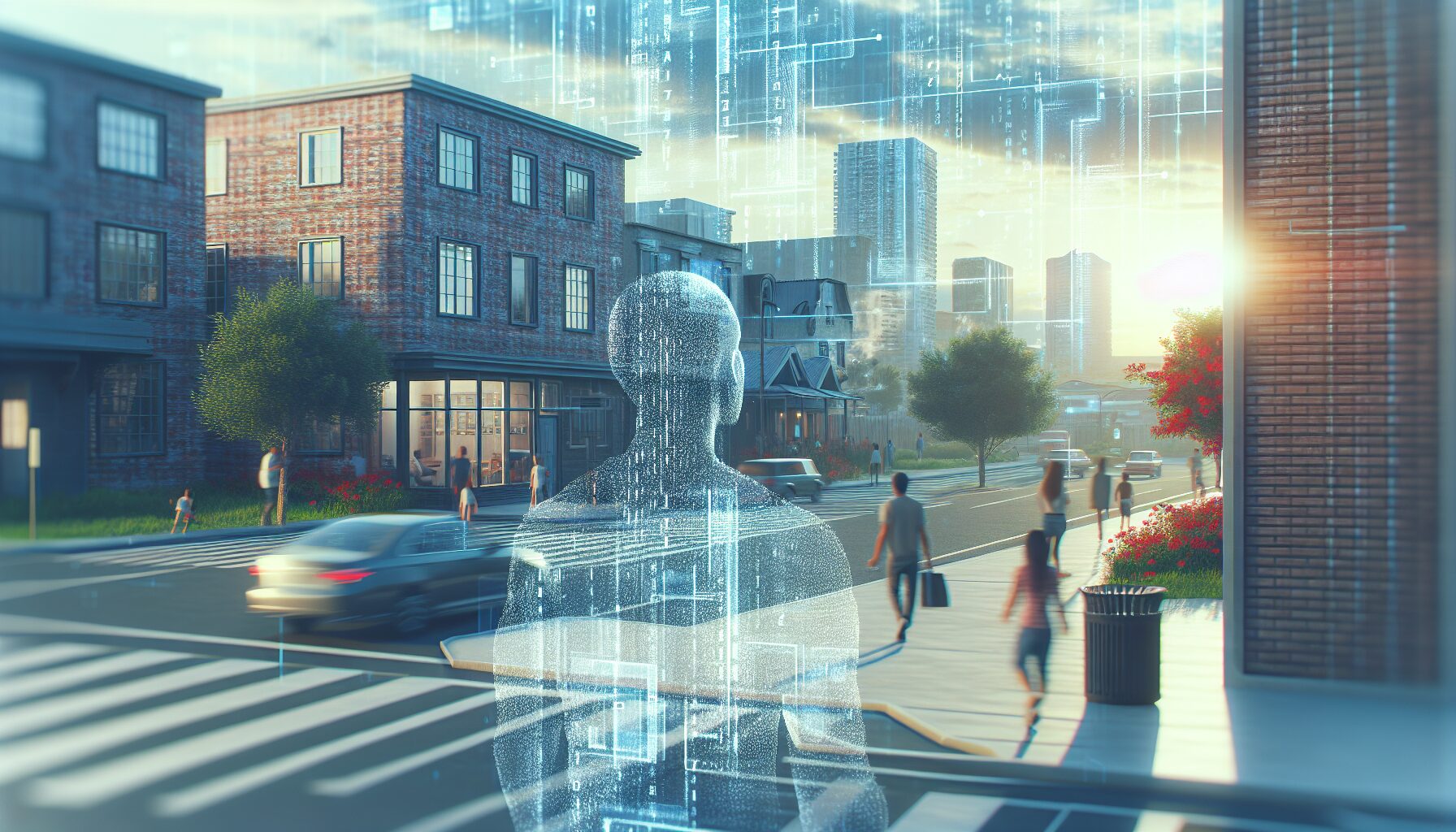In an era dominated by rapid technological advancements, the lines between reality and virtual simulations seem to blur with increasing frequency. Simulation theory, the hypothesis that reality could be an artificial simulation, perhaps akin to a computer program, has gained significant attention. From the philosophical musings of ancient thinkers to contemporary scientific debates, the question remains: are we truly alive, or part of a grand, programmed design?
The Roots of Simulation Theory
Simulation theory shares philosophical ground with thoughts dating back centuries. René Descartes famously pondered the nature of reality in his Meditations on First Philosophy, introducing the idea of a deceptive demon capable of creating a convincing illusion of the world (Stanford Encyclopedia of Philosophy). Likewise, Plato’s allegory of the cave describes prisoners observing shadowy figures on the wall, mistaking these shadows for reality.
These philosophical underpinnings have found new life in the digital age, with thinkers like Nick Bostrom at the forefront. Bostrom’s Simulation Argument posits that one of three propositions is true: humanity will not reach a posthuman stage capable of running ancestor simulations; such civilizations are uninterested in running simulations; or we are likely in a simulation ourselves. The latter has become a compelling proposition for enthusiasts and skeptics alike.
Scientific Support and Critique
While Bostrom’s argument is philosophical, various scientists have sought empirical evidence of a simulated universe. Physicist Silas Beane has suggested that the presence of a lattice, or grid-like structures in physical laws, might indicate a programmed universe (arXiv: Constraints on the Universe as a Numerical Simulation). According to this idea, if our universe is a simulation, computational limits would manifest as anomalies in physics.
“If we are in a simulation, we are tech’s most ambitious project.” – Unknown
However, criticisms are also abundant. Physicist David Deutsch argues that distinguishing broader reality from simulated experiences is fundamentally impossible, a concept he outlines in his book, The Beginning of Infinity. The problem lies not in detecting simulation but assuming it exists with no falsifiable evidence.
Technological Parallels
Advancements in technology only fuel the simulation debate. Consider the rapid evolution of virtual reality (VR) systems. As VR becomes increasingly immersive, enabling lifelike experiences, it prompts the question of how advanced VR, compounded over millennia, might blur perceived and actual realities.
The Ethical Dimensions
If we accept the premise that life might be a simulation, ethical implications abound. Does simulated suffering hold ethical weight? Philosopher David Chalmers, who has extensively covered consciousness and artificial intelligence, discusses the moral obligation to improve simulated lives if indeed they hold consciousness.
- Conscious Experience: Could any experience within a simulation be considered “real” and thus deserve rights?
- Moral Responsibilities: For those architects of such simulations, what is their moral duty to the entities within?
Theoretical physics and simulation theory often intersect here. As quantum mechanics challenges traditional worldviews, award-winning works in particle physics continue to push the boundaries of observational reality, potentially hinting at deeper, foundational “codes” underlying everything.
Cultural Impact
Simulation theory has also found rich soil in popular culture. From the groundbreaking film The Matrix to the philosophical explorations in video games like No Man’s Sky and Westworld, audiences have shown a voracious appetite for stories that explore these themes.
The Matrix famously proposes that humans unknowingly live inside a simulated reality, controlled by AI overlords. It not only entertained but sparked significant philosophical inquiry into the nature of consciousness and reality.
Conclusion: Alive or Enslaved in Code?
While there is no conclusive evidence to decisively prove or disprove simulation theory, it continues to be a robust field of interdisciplinary study with implications spanning philosophy, science, and ethics. Our reality is undoubtedly tangible, yet the concept that we might be part of an intricate, coded simulation raises profound questions about the essence of existence.
Whether we are intricate simulations or simply biological beings incessantly striving to make sense of our universe, the discourse on simulation theory sharpens our perspective on existence. As we advance technologically, anticipating what future realms of possibility await is both thrilling and daunting.
